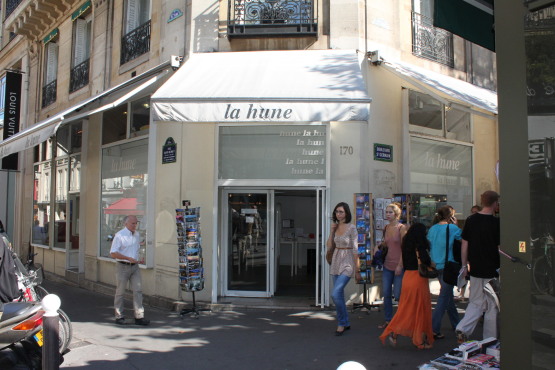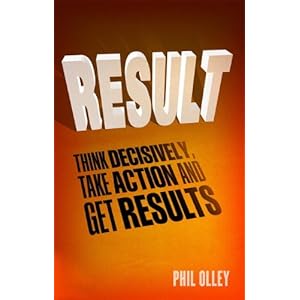The British Museum and The Folio Society join forces this Christmas
The British Museum Company and The Folio
Society have collaborated to bring The Folio Society's illustrated editions of
the world's greatest books to the customers of the British Museum's Grenville
Room shop, and its online store. The British Museum Company therefore now
stocks Hamlet, Macbeth, Romeo
& Juliet, The
Tempest, and Sonnets
& Poems from
The Folio Society's Letterpress Shakespeare in its Grenville Room shop, to
coincide with the current Shakespeare exhibition, which finishes on 25
November. The Grenville Room is also playing host to a selection of Folio's
children's classics, including Wind in the Willows and Alice in
Wonderland. Beautifully presented and built to
last, they would make wonderfully historic gifts this Christmas to last a
reading lifetime.
 |
| from www.shineonraw.com |
Shine
inside and out this winter
With the onset
of cold weather, we are often inclined to turn to recipe books that are
bursting at the seams with soups, puddings and pies. But to keep healthy
throughout the year – even when it’s freezing outside – many believe that we
should be continuing to incorporate more and more raw foods into our diet. This
is a philosophy espoused by Rebecca Kane, whose newest book, Shine Inside and
Out, aims to help us do exactly this. Shine Inside and Out follows her first
book, Turn Your Shine On, in providing recipes for refreshing smoothies, soups,
main meals and desserts, which are all wheat free, dairy free, and, crucially,
raw. Already a Raw Food Expert for Videojug, Rebecca specialises not only in
classic cold dishes, but also in such delights as chocolate brownies and Thai
curries, which continue to appeal even in winter – with traditional Christmas
treats such as mince pies also available. Stay tuned for a review of Turn Your
Shine On coming soon!
Samuel Johnson Prize Shortlist
With
the results of the 2012 Man Booker Prize having just been released, it can
often seem that all eyes are on fiction. However, the winner of the £20,000
Samuel Johnson Prize for Nonfiction is also just around the corner, with the
announcement due on November 12th. The titles shortlisted this year
cover subjects ranging from the Spanish Holocaust and Mumbai slums to
Strindberg and Mallory, with the list including luminaries such as Steven
Pinker. History buffs may henceforth rejoice.
Think decisively, take action and get results
in 2013
The above sounds like a list of new year's resolutions - and new book Result could be just the thing to help. Result's philosophy rests on the notion that it's the approach you take that matters, rather than just how much work you put in, which makes sense in terms of the maxim "quality, not quantity." Out this November,
the book (by business coach Phil Olley) sounds to me like a straight-talking
self-help book for the 21st century, focusing on skills and mindset
in equal measure. Definitely sounds like a good one for me to have on my Kindle
in the new year as I do battle with IB paperwork, lesson planning and
assessment frameworks over the next few terms…Lost for words?
Friends and family certainly won’t be when you adopt a word for them this Christmas. Choose a special real or made-up word from “surprise” to “supercalifragilisticexpialidocious” for a personal gift that’s suitable for all ages. Your chosen word can be ‘adopted’ online, helping you to avoid the high street, and you can even combine words to adopt a whole phrase. All words and phrases come with their adoption pack, which is sent by post or email, and you can even purchase merchandise with the word or phrase on it to go with your gift. What’s more, it’s an ethical choice too: all the money raised goes to I CAN, the children’s communication charity, making the gift a truly thoughtful and unforgettable choice.
 |
| La Hune in its new location |
Venez visiter le salon littéraire!
If you’re in
Paris for a romantic winter break, you may want to come and visit Louis
Vuitton’s new literary salon and gallery in the city, which has the theme
« Writing is a Journey ». The temporary exhibition will be on display
until December 31st, with art on the walls, books for sale, and
literary conversations timetabled. The space, which was previously occupied by
bookstore La Hune (which has moved to a corner a few streets away), is set to
become part of an extended Louis Vuitton boutique in 2013. I can’t wait – and
will let you know when I’ve been able to pop in for a peek.







